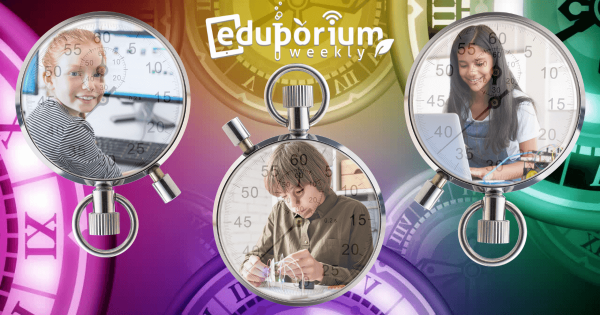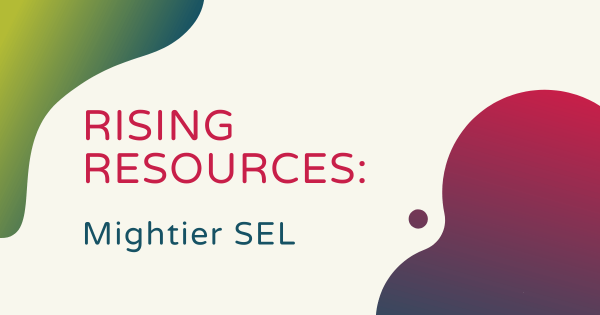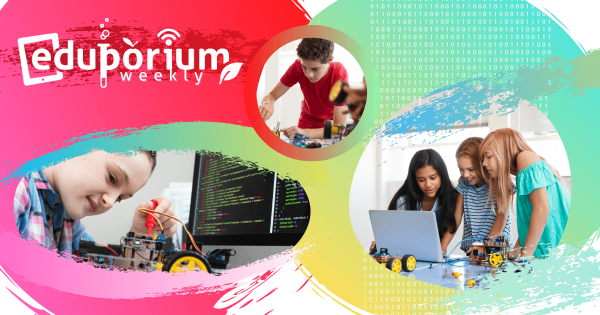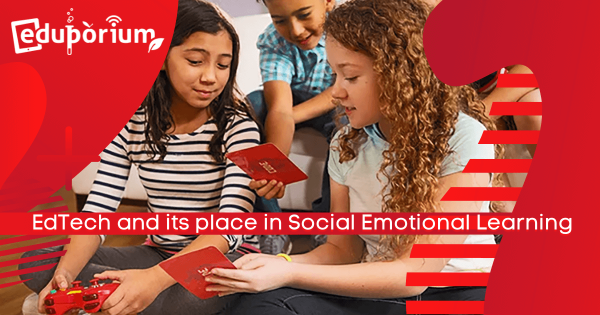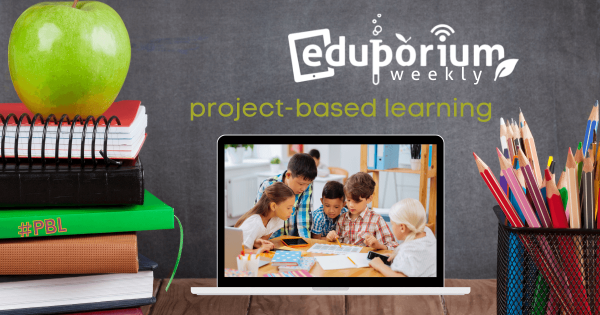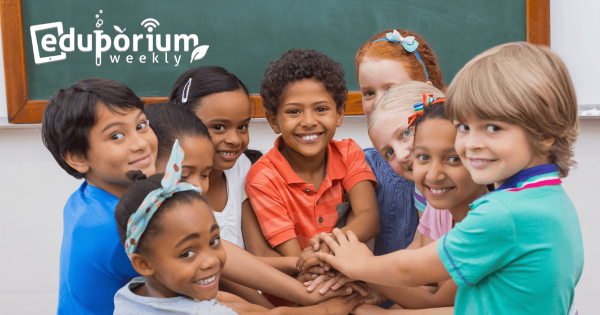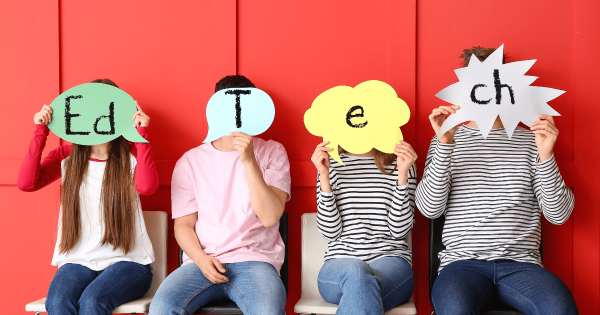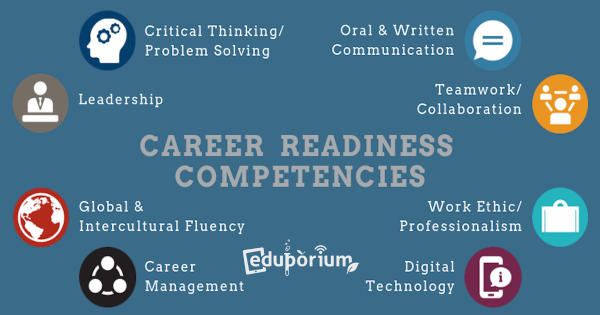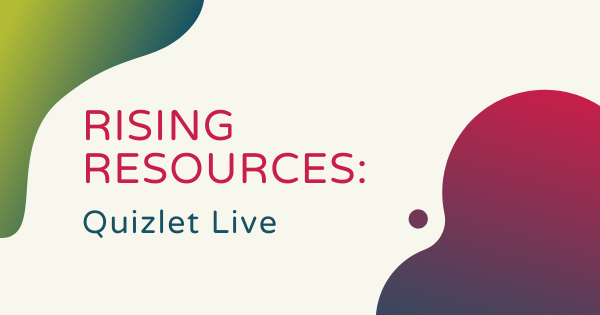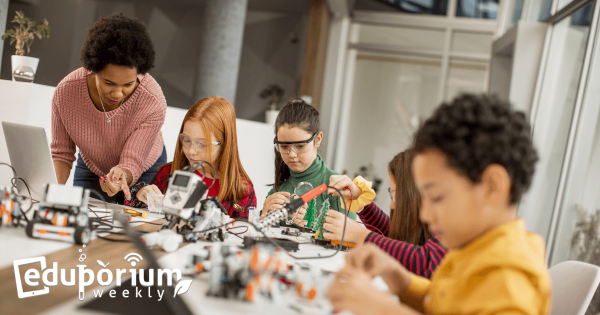Self-paced learning is a form of differentiated instruction that teachers can integrate into learning experiences. In self-paced learning, teachers can let their students decide how many lessons they need and how much practice constitutes them mastering something. There are also various instructional techniques you could use and many potentially positive outcomes for kids.
Soft Skills
-
Rising Resources | Mightier SEL For Regulating Emotions
Mightier is ideal for students who are between six and 12 years old since it helps them learn to identify why certain behaviors are harmful, how to best avoid them, and how to manage their feelings. Children can use Mightier in or out of the classroom and they typically start to show improvements with emotional behavior and managing reactions within -
The Importance Of Consistent Coding Education In Schools
The importance of providing all children with the opportunities to learn key computer science skills is often a really legitimate emphasis among STEM-minded instructors. We know how vital these skills may turn out to be for a larger number of them. Empowering students to learn these skills early and perfect them often could also help open up career opportunities later -
EdTech And Social-Emotional Learning
With classroom SEL practices come key opportunities for students to learn some of the most significant social-emotional skills for the future, including self-awareness, goal setting, and social awareness. And, if more educators learn to seamlessly integrate EdTech tools in SEL instruction, they can help to unlock new benefits and expand how SEL impacts kids’ development. -
Eduporium Weekly | Rewards Of Cross-Curricular PBL
Discovering connections through active experiences is a chief cornerstone of PBL and helps students establish authentic feelings for their causes. As such, knowing the impacts these connections can have among children is key for the educators who are leading them. And, this is especially true as they leverage them across the curriculum to connect different subjects. -
Eduporium Weekly | Teaching Empathy In The Classroom
Particularly since the pandemic began, educational leaders and classroom teachers have had to rethink a lot of their instructional strategies. And, one of the biggest focus areas has been around SEL and ensuring all students feel comfortable expressing their thoughts among their peers—something that’s done a lot to bring conversations about empathy into the classroom. -
Using EdTech To Teach SEL And Communication Skills
Although the pandemic caused setbacks in SEL and communication skills, students are often using EdTech to revitalize some of that lost learning. By working as teams to build a circuit or practicing conversations with robots, students foster communication skills that can prepare them for their future. And, they can even communicate in alternative ways through art or music. -
Eduporium Weekly | Teaching Students Career Readiness
Career readiness can mean any number of different things—especially as it pertains to today’s education landscape. As you know, students may move on to college, attend trade schools, or begin working right after completing high school. Thanks to career and technical education programs, however, many students can learn viable skills and quickly begin a relevant career. -
Rising Resources | The Quizlet Live Assessment Game
Quizlet Live is a collaborative classroom game that your students can play together from their own devices. They could use it in the same classrooms or when studying from home—perfect for accommodating review efforts at all different times. To get started with Quizlet Live, teachers can just create a Quizlet account and they’ll get a Quizlet Live code to share -
Eduporium Weekly | Makerspace Tips Across Grade Levels
If you mostly focus on introducing elementary school students to MakerEd, it could potentially involve a much more simplistic start. Then, once they’re into middle school, children can start to create their own valuable MakerEd experiences. And, by the time they transition to high school and more fully grasp the essence of making, it’s up to them to impact their




